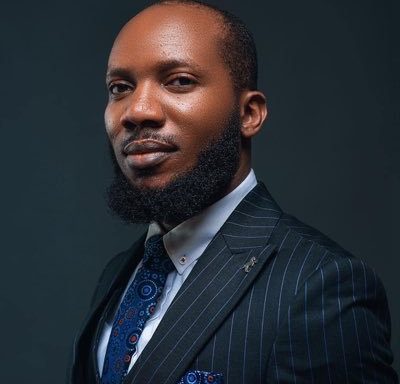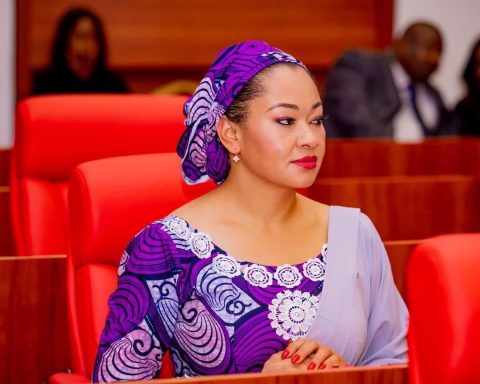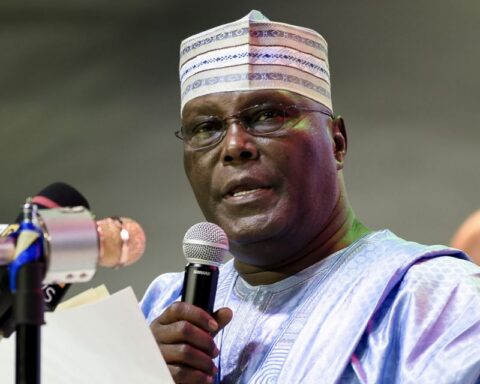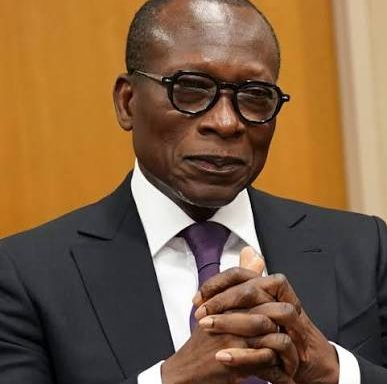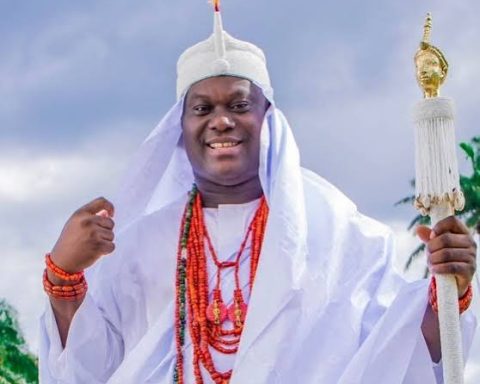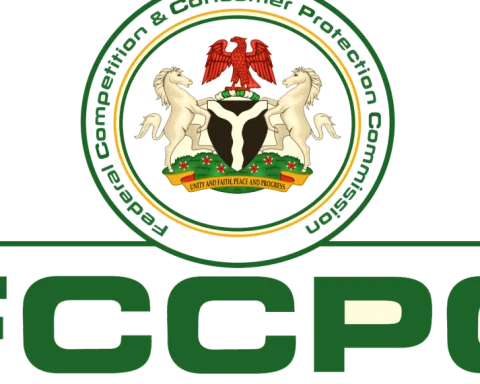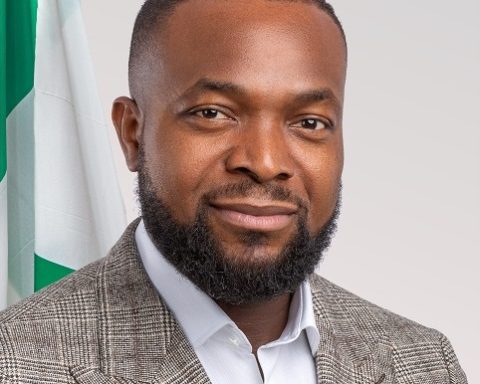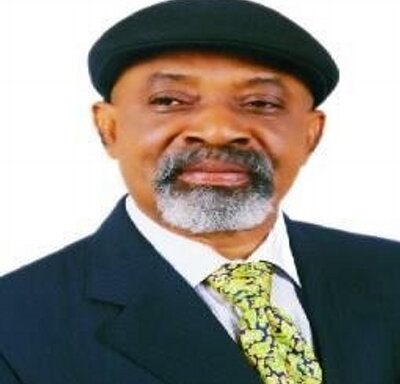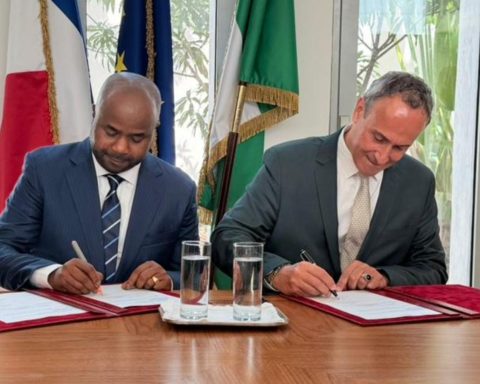The proposed bill seeking to name the Sultan of Sokoto and the Ooni of Ife as permanent Co-Chairmen of the National Council of Traditional Rulers of Nigeria has drawn fierce backlash from two major regional blocs Ohanaeze Ndigbo Worldwide and the Middle Belt Forum both describing the move as divisive, undemocratic, and a threat to Nigeria’s federal character.
The bill, sponsored by Senator Simon Bako Lalong (Plateau South), passed its second reading in March 2025 and is currently before the Senate Committee on Establishment and Public Service. While intended to formalise the structure of the country’s traditional leadership, its provision assigning permanent leadership roles to two monarchs has ignited outrage across Nigeria’s multi-ethnic landscape.
Join our WhatsApp ChannelIn a statement issued on Sunday in Enugu, the apex Igbo socio-cultural body, Ohanaeze Ndigbo, rejected the proposal outrightly. National Publicity Secretary of Ohanaeze, Dr. Ezechi Chukwu, described the bill as “unjust, ethnocentric, and a direct affront to the principles of equity, fairness, and federal character enshrined in the Nigerian Constitution.”
According to him, the clause threatens to marginalise other prominent traditional institutions in the South-East, South-South, and Middle Belt, undermining inclusiveness and national cohesion. “The Senate, in this regard, has failed in its role as the highest custodian of Nigeria’s democratic mandate,” Chukwu said. “This bill is not only inequitable and discriminatory, but it is also distasteful, reprehensible, and objectionable.”
Echoing similar sentiments, the Middle Belt Forum (MBF), in a strongly worded statement signed by its National Spokesman Luka Binniyat, described the bill as “deeply troubling” and rejected the institutionalisation of the Sultan of Sokoto as a permanent co-chairman. The MBF argued that many Middle Belt monarchs including the Aku Uka of Wukari, the Attah of Igala, the Tor of Tiv, and the Etsu of Nupe represent ancient kingdoms and confederacies that predate the Sokoto Caliphate, and should not be relegated beneath it in any national structure.
“The Sokoto Caliphate is a relatively young institution compared to ancient Middle Belt monarchies,” the MBF said, pointing to the Kwararafa Confederacy and the Igala Kingdom as examples of long-standing indigenous institutions with no historical subjugation to the Caliphate. The group also warned that giving the Sultan a known religious leader and spiritual head of Nigerian Muslims a permanent role in a secular traditional body could alienate other religious and ethnic communities. “His spiritual role is not secular. Such an appointment violates the secular spirit of Nigeria’s Constitution and tilts the Council’s leadership in favour of Islam,” the forum noted.
The MBF also expressed moral objections, citing the Sultan’s position as the permanent patron of Miyetti Allah Cattle Breeders Association of Nigeria (MACBAN), a group frequently linked to violent attacks by armed herdsmen in the Middle Belt. “The Sultan has not done enough to condemn or distance himself from the atrocities linked to Fulani militias,” the statement said. “Making him a permanent co-chairman is a grievous insult to the victims of these attacks.”
Both Ohanaeze and the MBF called for the immediate withdrawal of the bill, warning that it could deepen ethnic tensions and erode confidence in the National Assembly if passed in its current form. The MBF further threatened a boycott of the proposed council and announced plans to establish its own autonomous council of traditional rulers should the bill become law.
Read also: Ohanaeze Ndigbo Rejects Gowon’s Claim Civil War Wasn’t Anti-Igbo
As a path forward, both groups proposed a more inclusive model either a rotational chairmanship that reflects Nigeria’s geopolitical balance, a tenure-based leadership structure, or democratic selection by traditional rulers themselves.
“The only way forward is a thorough review that embraces all ethnic nationalities in Nigeria,” said Chukwu. “Anything short of that will fuel discontent and erode public confidence in the legislative process.”
“The Middle Belt Forum stands firm in its belief that true national cohesion can only be achieved through fairness, mutual respect, and recognition of our rich historical diversities,” Binniyat added. “We shall resist this bill using every lawful and democratic means available to us.”
As deliberations continue in the National Assembly, the growing backlash underscores the sensitivity of traditional leadership roles in Nigeria’s complex cultural and political landscape raising critical questions about equity, secularism, and national unity.
Amanze Chinonye is a Staff Correspondent at Prime Business Africa, a rising star in the literary world, weaving captivating stories that transport readers to the vibrant landscapes of Nigeria and the rest of Africa. With a unique voice that blends with the newspaper's tradition and style, Chinonye's writing is a masterful exploration of the human condition, delving into themes of identity, culture, and social justice. Through her words, Chinonye paints vivid portraits of everyday African life, from the bustling markets of Nigeria's Lagos to the quiet villages of South Africa's countryside . With a keen eye for detail and a deep understanding of the complexities of Nigerian society, Chinonye's writing is both a testament to the country's rich cultural heritage and a powerful call to action for a brighter future. As a writer, Chinonye is a true storyteller, using her dexterity to educate, inspire, and uplift readers around the world.


